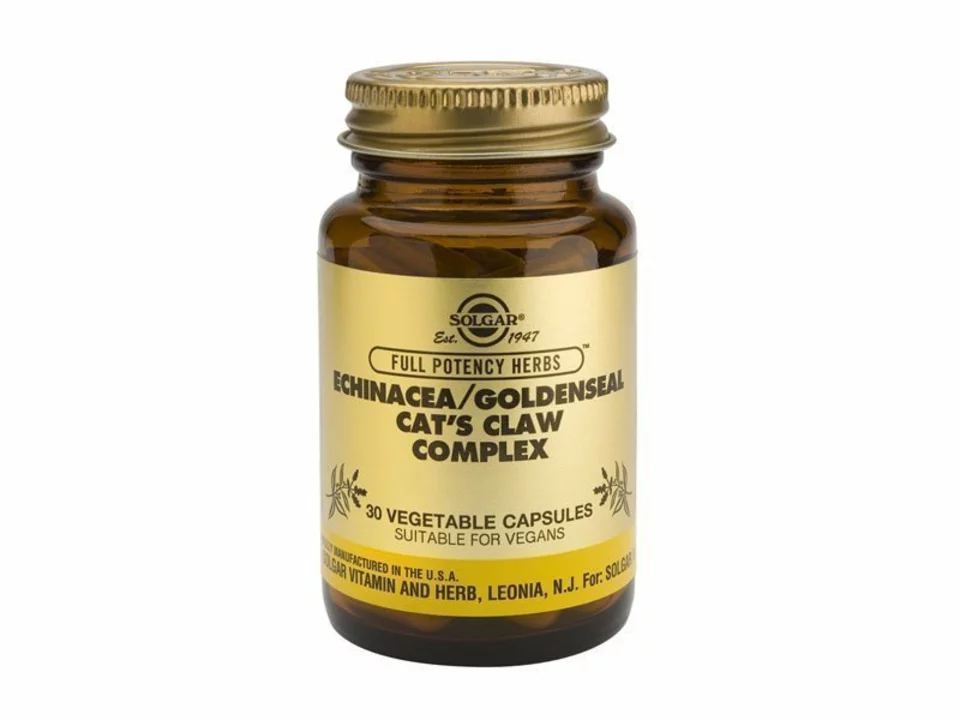Potential Benefits: What Medications and Treatments Can Actually Do
Some treatments change day-to-day life more than you expect. This tag collects practical write-ups showing when a drug or therapy gives real advantages — not hype. Read here to spot useful effects, know when benefits are worth the risks, and get pointers you can use in a conversation with your clinician.
When we talk about "potential benefits," we mean two things: benefits proven in studies and benefits patients often report in real life. Both matter. Clinical trials show averages; patient reports show how people feel in their routines. Use both to form realistic expectations.
How to judge a potential benefit
Start with one simple question: does the benefit match your goal? If you want better sleep, an antidepressant’s sedating effect might help. If you want fewer tremors, an Inderal alternative may work. Next, check three things: evidence, safety, and monitoring.
Evidence — look for controlled trials or clear clinical guidance. Safety — list major side effects and interactions you could get. Monitoring — know what tests or follow-up your provider should use (for example, thyroid labs when changing hormone therapy or liver checks for some antifungals). If any of those are missing, the “benefit” may be risky.
Practical steps before trying something new
1) Talk to your prescriber about why the benefit matters to you and how to measure it. Ask what success looks like after 4–12 weeks. 2) Start low and adjust. Many drugs show benefits at lower doses for off-label uses (amitriptyline for pain is a common example). 3) Watch for early warning signs — rashes, mood shifts, dizziness — and have a plan to stop or switch. 4) If buying medication online, use verified pharmacies and keep prescriptions; don’t chase savings if it means compromising safety.
Here are short, concrete takeaways from our published posts you might find useful:
- Thyroid treatments: some people report better energy on combination or desiccated products; dose conversion and lab checks are essential.
- Amitriptyline: low doses often help nerve pain and sleep without the full antidepressant dose.
- Galantamine: can boost focus and cognitive clarity for some athletes, but expect variability and watch for side effects.
- Baclofen: a clear win for spasticity in many patients; it started as an epilepsy compound but found a different, valuable role.
- Medication switches and online purchases: follow step-by-step guides to avoid dosing errors and fake products.
Use these posts as starting points. Each article links to studies, safety checks, and real-world tips specific to the drug or therapy. If a potential benefit sounds promising, bring the details to your clinician and ask how to try it safely. Small, monitored changes usually tell you more than big leaps.
Want help finding articles on a specific drug or benefit? Use the site search or check the related posts listed under each article to compare options quickly.

- 14 Comments
Cat's Claw has recently caught my attention as a powerful herbal dietary supplement with numerous health benefits. This Amazonian rainforest plant has been used for centuries by indigenous people for its medicinal properties. I've discovered that it offers anti-inflammatory, antioxidant, and immune-boosting benefits, making it a fantastic addition to our daily routines. Additionally, recent research suggests that Cat's Claw may even have potential in supporting brain health and protecting against neurological disorders. If you're looking to improve your overall well-being, I highly recommend looking into the potential of this amazing natural remedy!
